A bit of history…
The film society grew out of the energy created by the Regional Centre of Culture in 2012, which was a State Government initiative to invest funds into regional areas for the development of their arts infrastructure and to create a year long program of arts events. It was a big year for the arts communities of the Alexandrina region with State funding enabling an extensive program of arts events (called ‘Just Add Water’) and the refurbishment of Goolwa’s Centenary Hall into a contemporary performance space.
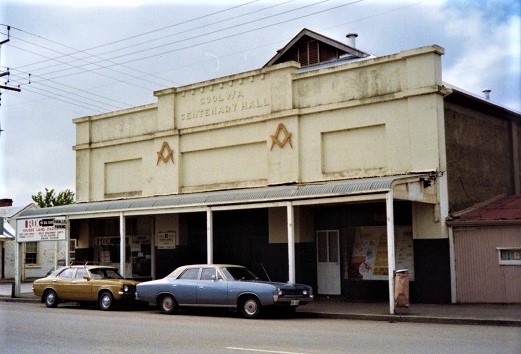
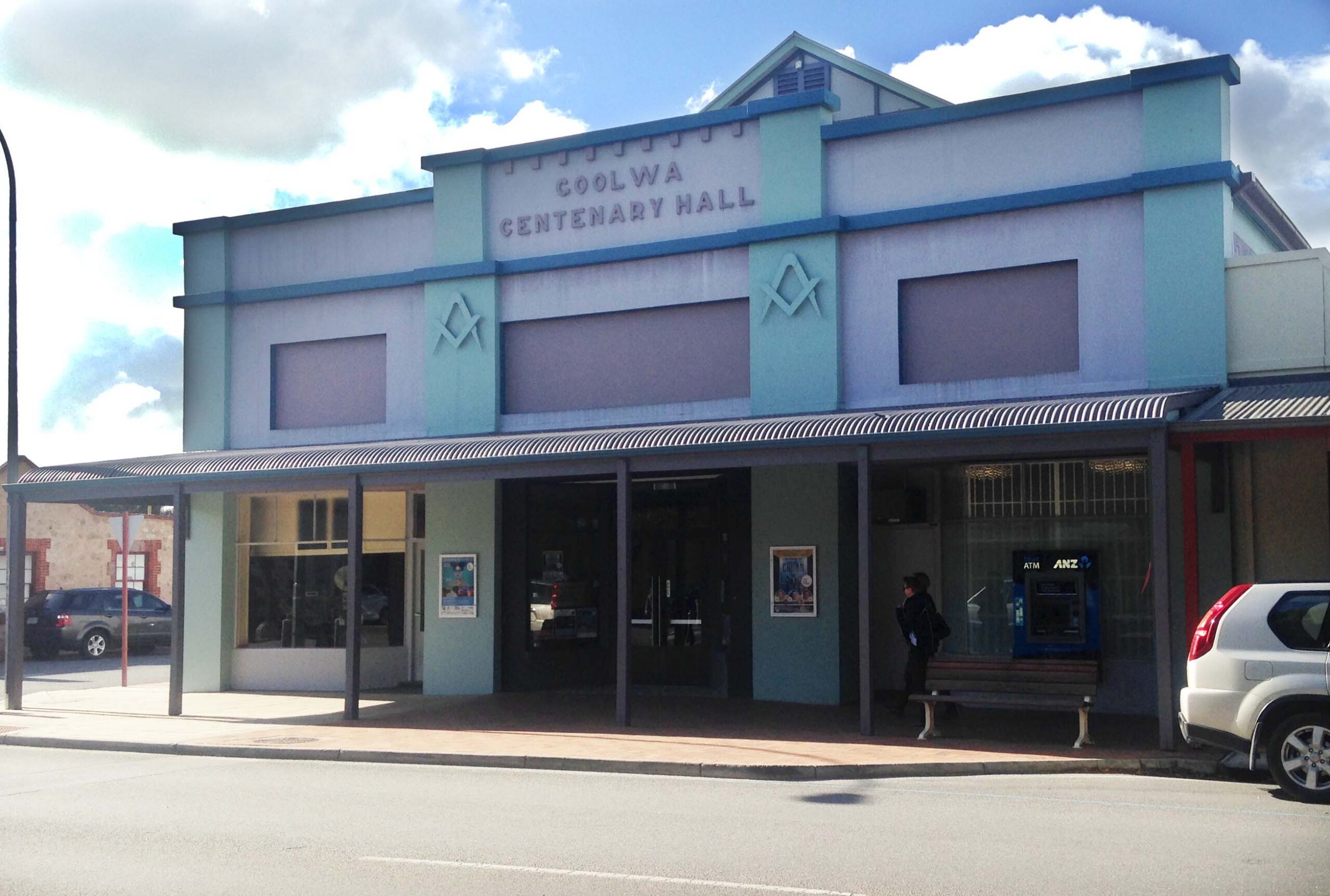
The Southern Fleurieu Film Society was formed in late 2012 and become an Incorporated Association in March 2013. We also began screening films in March 2013. In that first year, we used the 50 seat theatrette in Signal Point, Goolwa. The theatrette is a terrific facility to have as part of Goolwa’s principal art gallery – Signal Point – and it’s use by the SFFS contributed to it’s retention in the face of possible demolition. Goolwa resident, Carol Gaston, organised an event in the theatrette (showing photos of her trip to the Venice Bienniale) to promote interest in saving the facility and suggested a film society be formed. The thinking was ‘if we use the theatrette more, maybe they won’t demolish it’. Mike Tye volunteered to form the film society and got together a committee consisting of himself, John Biggins, Anne Brookman, and Sonya King.
There was strong interest in the film society and it took only a small effort to attract 50 members to fill the theatrette. In those days, Mike stood up in front of the audience and gave a short talk about the film before it was screened. But we almost immediately outgrew the space, with many more people interested in joining than we had seats for; we needed to find a bigger venue. Centenary Hall was the obvious choice. There was division amongst committee members about expanding the size of the film society and moving to Centenary Hall. In September 2013, three committee members resigned, leaving Mike to form a new committee comprised of himself, Michael Masters, Lachlan Kelly, and Heather Masters. A few years later John Moore also joined the committee.
Centenary Hall
Centenary Hall is an ideal venue for screening films. In fact, that’s one of the reasons it was originally built. In 1928 Percy Wells (1878-1959), a local businessman and Mayor of the Goolwa and Pt Elliot Council (1928-9), saw the need for a community hall in Goolwa and, having unsuccessfully tried to convince the Council to build such a hall, had it built and paid for himself. In 1929 it was completed and was immediately embraced by the community and used for meetings, dances, and film screenings. Around this time the silent film era was coming to an end with the beginning of ‘talkies’. Percy Wells had imported an amazing machine from the USA, The Fotoplayer, that put music to silent films but it was soon to be replaced by the new technology of talkies. That machine now sits in the Powerhouse Museum in Sydney. Films were regularly screened in Centenary Hall until the 1970’s.
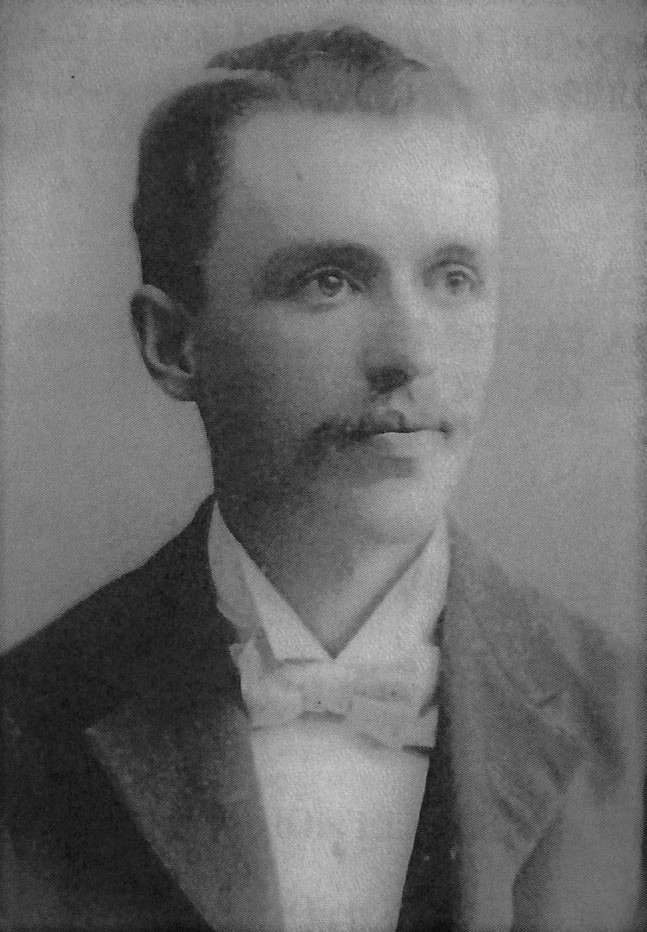
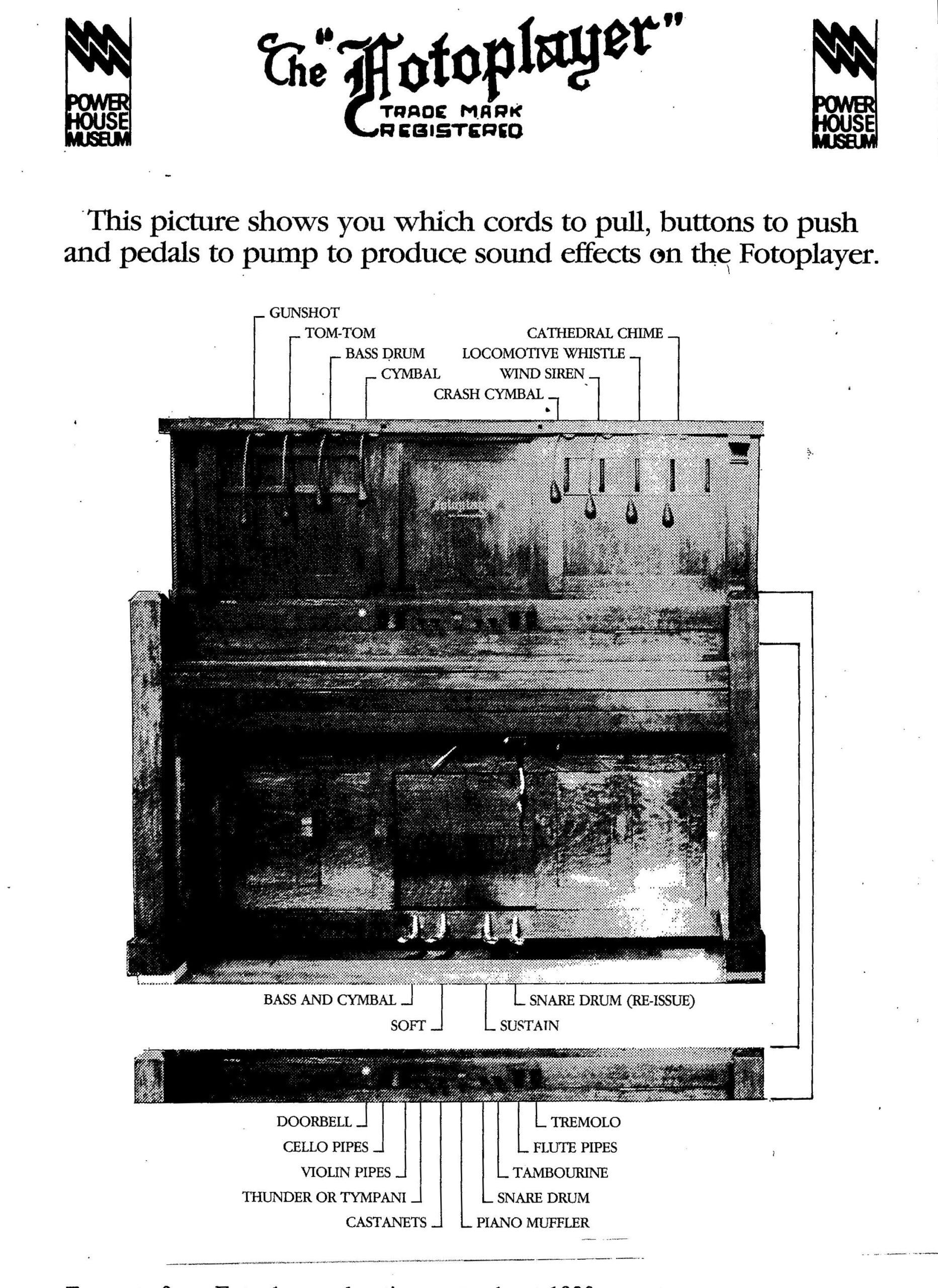
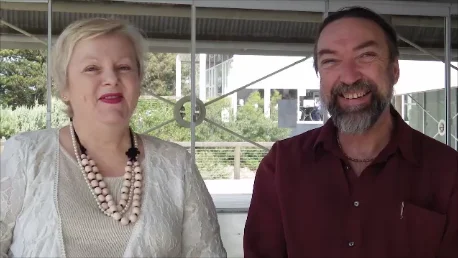
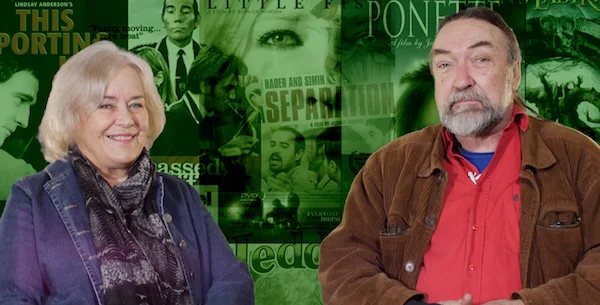
2014 also saw the beginning of film screenings in Milang and Clayton Bay. The SFFS was successful in securing funding, from Country Arts SA, to purchase projection equipment which was used to present the program to residents in these two outlying towns. The groups in Milang and Clayton Bay were much smaller than the Goolwa group but they enjoyed the same films (and film introductions) without having to travel to Goolwa. For the first two years, Mike travelled to Milang and Clayton Bay with the projection equipment and set up the screenings with the help of John Bradford and Neil Johnson in Milang (first at the Milang ‘MOSHCC’ and then at the Milang Institute), and Suzy Rex and Peter Bullock in Clayton Bay (at what was then known as ‘Sails’ and later at the Clayton Bay Community Hall). In 2016, the Milang and Clayton Bay groups took over from Mike and set up the screenings themselves. In June 2017 Suzy Rex and Peter Bullock were no longer able to set up the screenings in Clayton Bay and, as no-one was prepared to replace them, it was decided to cease screenings in Clayton Bay.
The Milang group continued to screen films on the first Friday of each month to about 25 members.
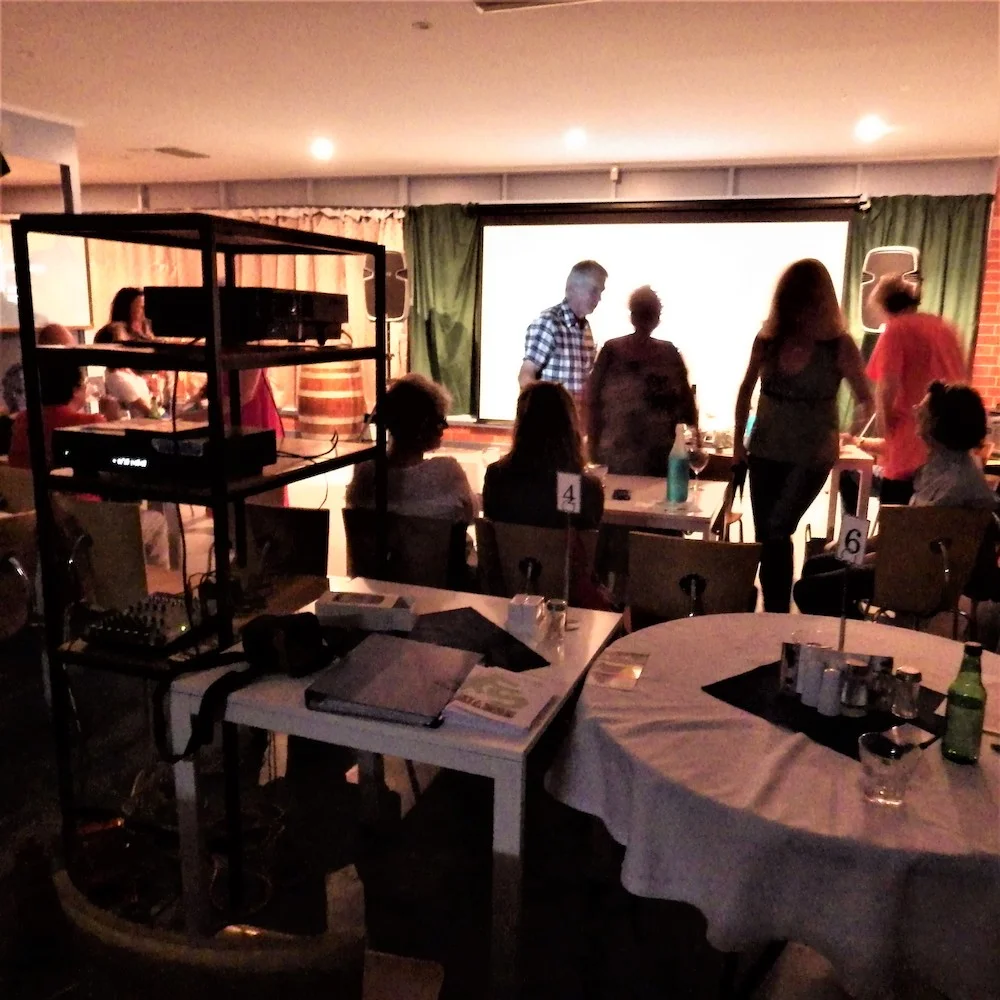
In 2019 we introduced ‘The Quiz’ to our Goolwa members. After each screening, Goolwa members are invited to walk across the road to the Goolwa Hotel where refreshments can be purchased and quizmaster, Steve Grieve, challenges them with questions about the film they just watched.
And then COVID happened. We ceased screening films in March 2020, due to COVID-19 restrictions. We recommenced screenings in February 2021, both in Milang and Goolwa, albeit still under COVID restrictions.
In 2022 we began screenings in Victor Harbor, at Victa Cinemas, hosted by Anita and Andrew Leak with assistance from Lorraine Cocks. Half-way through 2023 we began screenings in Yankalilla at Club Fleurieu. Caroline and Peter Cleland host the screenings in Yankalilla with Jeff Price handling the technical side.
John Bradford and Neil Johnson had run the screenings in Milang for 8 years and, at the end of 2023, decided to call it a day. As no-one volunteered to replace them, the screenings in Milang ceased at the end of 2023. In 2024 we screened films in Goolwa, Victor Harbor, and Yankalilla.
Committee members
Mike Tye was the inaugural Chairperson in 2012 and continues in that role. Anne Brookman, Sonya King, and John Higgins sat on the committee from it’s inception until September 2013 when a new committee was formed. In October 2013 the committee consisted of Mike Tye (Chairperson), Lachlan Kelly (Treasurer), Michael Masters (Secretary), and Heather Masters. John Moore joined the existing four committee members in February 2015. In June 2017 it was agreed to expand the committee to seven members, which was done by a change to the Constitution in December 2017 at a Special General Meeting. Gillian Keen first attended a committee meeting in February 2017 and was subsequently elected to the committee at the 2018 AGM. John Moore resigned from the committee in November 2017. After the 2018 AGM the committee consisted of Mike Tye (Chairperson), Lachlan Kelly (Treasurer), Michael Masters (Secretary), Heather Masters, and Gillian Keen.
Ken Smith was invited to fill one of the new positions on the committee and first attended a committee meeting in May 2018. Steve Grieve was invited to fill the other new position on the committee and first attended a committee meeting in August 2018. Heather and Michael Masters retired from the committee at the 2019 AGM. After the 2019 AGM the committee consisted of Mike Tye (Chairperson), Lachlan Kelly (Treasurer), Leah Grace (Secretary), Gillian Keen, Ken Smith, Steve Grieve, and Lyn Pike. Gillian Keen took over the role of Secretary at the 2020 AGM. The committee remained the same up until December 2024 with the sad news that Ken Smith had passed away. At the 2025 AGM Caroline Cleland was elected to the committee.
The SFFS is a well established community group. It’s primary objectives; promoting film as an art form and encouraging social interaction between it’s members, continues to guide the development of the group.
Symbol design
The SFFS symbol was designed by Mike Tye in 2015.
The design is based on three aspects of film making. The strips of film refer to the historical elements of film making, the colours refer to the primary colours of light, and the lenticular nature of the design represents lenses – which are found in the cameras used to make films, the projectors used to screen films, and the eyes used to watch films.
The first program came out in 2013, designed by Mike. This set the style for all programs to come but, of course, the symbol didn’t show up on the program until 2015. Gillian and Mike have worked together to produce programs since 2019.
